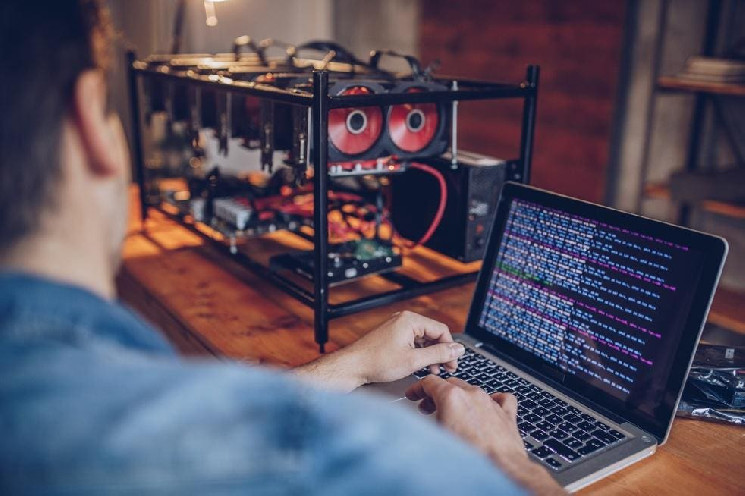The process of Bitcoin mining is often described as solving complex math problems, but it is actually more like a digital lottery where miners guess random numbers. Miners use computers to make trillions of attempts per second to find a number that fits specific criteria. The mining process requires persistence in trying different numbers until finding one that works. Regular computers quickly became inefficient for mining, leading to the need for specialized equipment. Mining converts electrical energy into heat, leading to the development of dual-purpose devices that mine Bitcoin while providing heat. Countries with cheap renewable energy have been able to convert unused capacity into financial returns through mining. When users make Bitcoin transactions, they enter a pool of pending operations that miners combine into a block. Miners compete to validate a block by finding a random number that results in a qualifying hash. The Bitcoin network adjusts its target value every 2,016 blocks to maintain a steady rate of one new block every 10 minutes.
Solana's largest decentralized exchange unveils new swap feature, promises lowest prices for traders
 Esponel (es)
Esponel (es) Türkçe (tr)
Türkçe (tr) Russian (ru)
Russian (ru) 한국인 (kr)
한국인 (kr) Italiano (it)
Italiano (it) हिंदी (in)
हिंदी (in) عربي (ar)
عربي (ar) Français (fr)
Français (fr) Deutsch (de)
Deutsch (de) 日本 (jp)
日本 (jp) 中国人 (cn)
中国人 (cn)
 Content Editor
( forbes.com )
Content Editor
( forbes.com )
